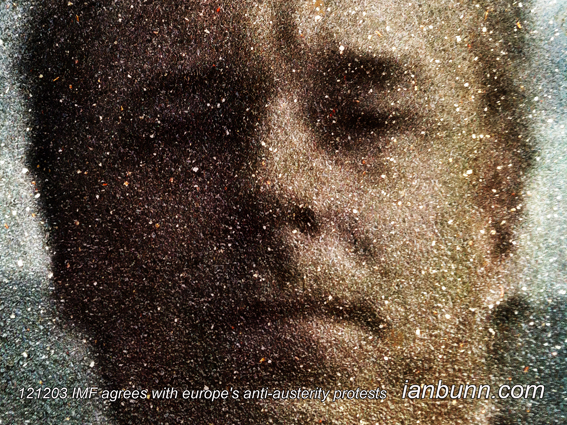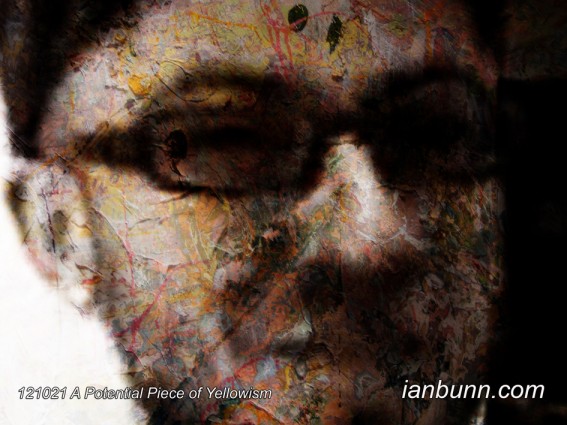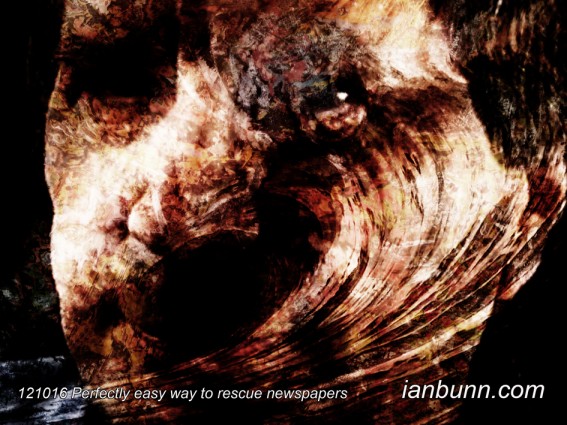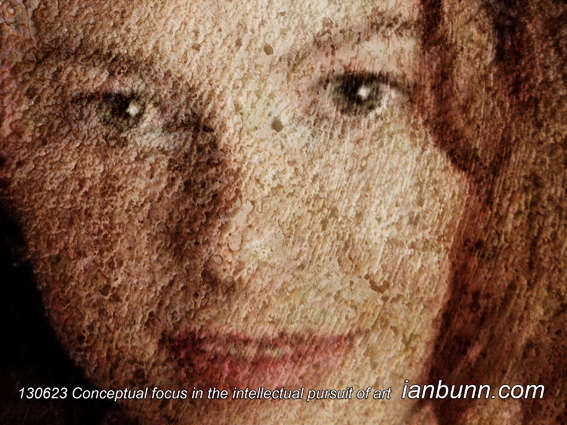 Conceptual focus in the intellectual pursuit of art (June 23 2013)
Conceptual focus in the intellectual pursuit of art (June 23 2013)
Amanda McGregor the British consultant who works with Directors and Creative professionals in development, creativity and planning has published an article in ArtLyst titled ‘The Energy Frequency Of Creation In Our Relationship To Art’ in which she states “Our dependency on our relationship to art normally starts at a young age. This is prompted through a need to escape to a world of magic and fantasy and be immersed in our creative flow. The ‘flow’ is the energy frequency of ‘creation’ and expression. Through creating moments with ourselves, we allow a freedom of spirit, peace, our truth to be spoken and our true dynamics of experience to be fully expressed, emotionally, in vision and intellectually. With a conceptual focus in the intellectual pursuit of art, we play with the thoughts and perspectives we create, allowing a connection with a larger picture in creation, to play with the logic, sight, experience and the vision of ourselves and others. However this form of play, can be considered a way of muse, a way of entertaining ones inner muse, it’s a form of being a ‘player’. When we grow up, we may find our inner child is still dominating in this playful muse, at the expense of the responsibilities of adult life. We can be a slave to our desires to be creatively free. To be able to live in the space of preferred existence we enter in to a journey in which we hope the ‘art world’ will meet us. The infrastructure of funding, buyers, curators, artist, critic and gallerists is an eco-system of community designed to help protect the sensitive art world of ‘play’. As an adult some artists may be met with a challenge in finding they are beyond a system of understanding, or process, thereby not necessarily supported by ‘art world’ connections…” Inspired by Amanda McGregor, ArtlystInspired by Amanda McGregor, Artlyst ow.ly/lE7Pj source Twitter ow.ly/lE7yl
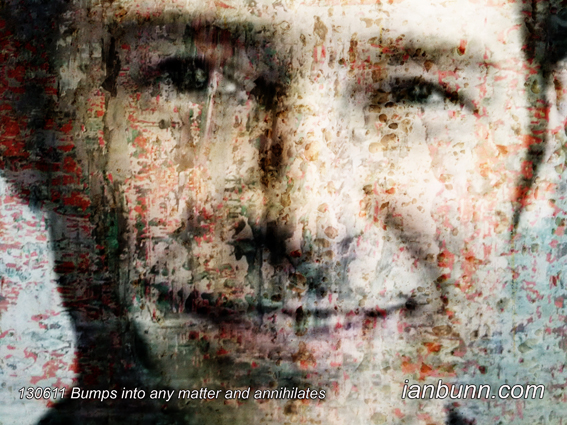

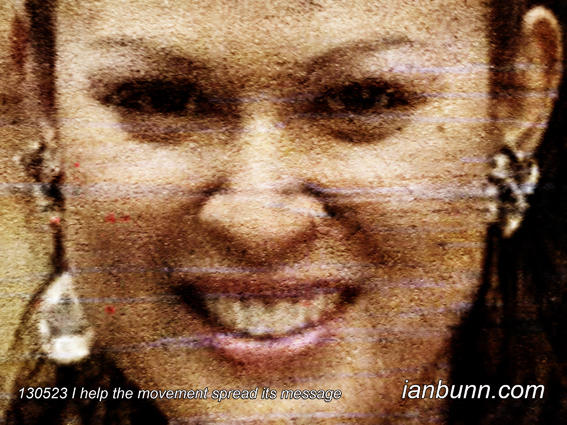

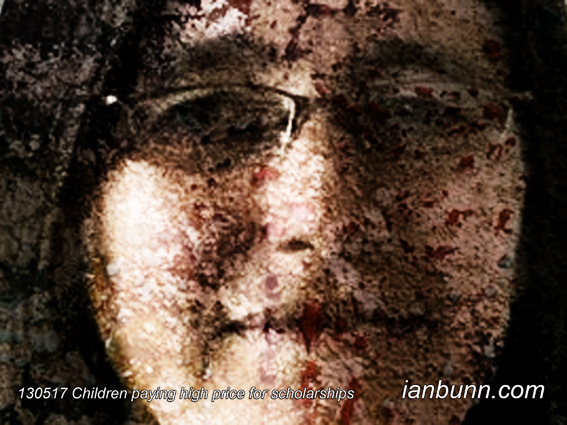
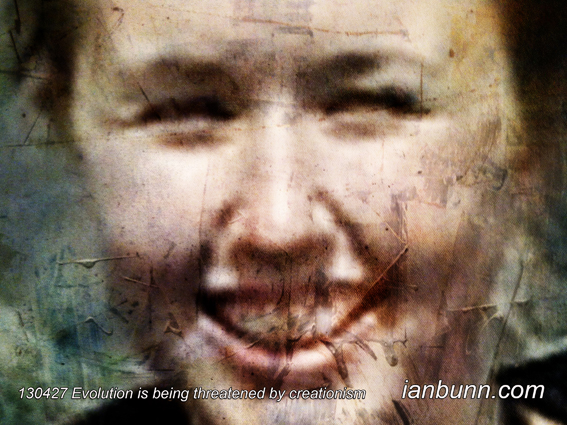

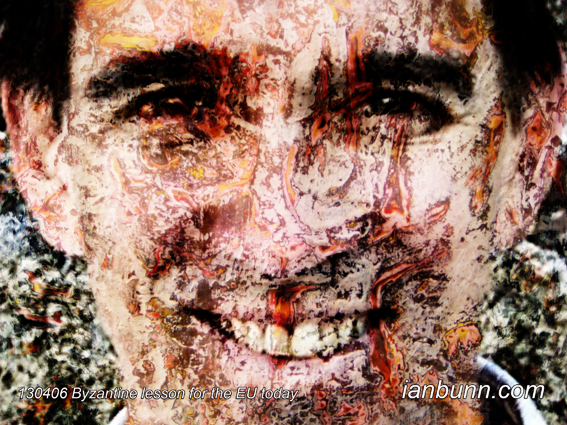
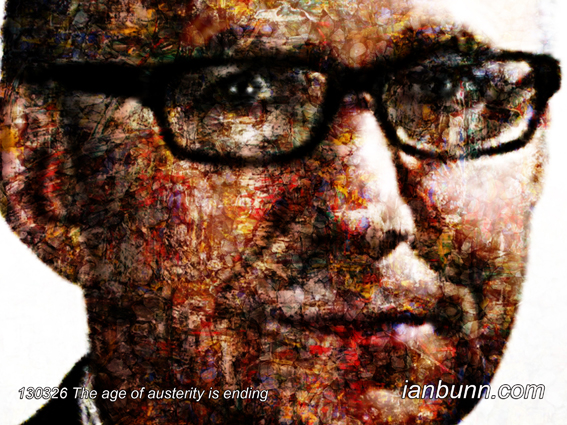

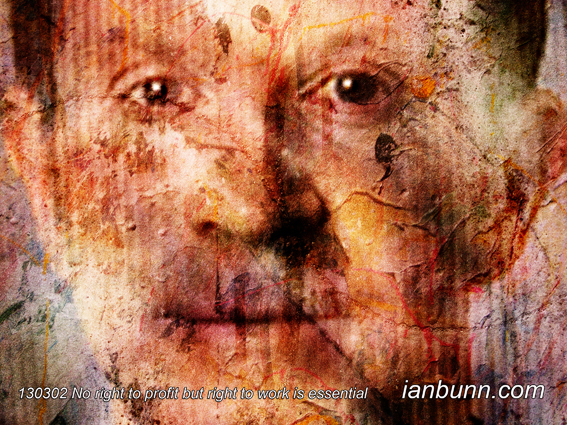
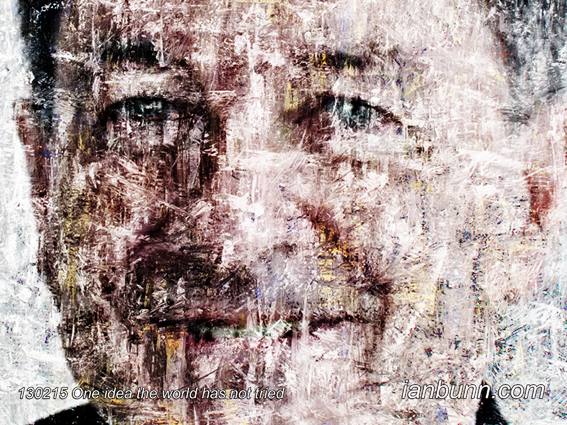

![Rebecca Johnson the British internationally-recognized expert on nuclear disarmament and non-proliferation, Co-Chair of the International Campaign to Abolish Nuclear Weapons (ICAN), has published an article on the IPS News Service titled ‘Changing the Game to Achieve Nuclear Disarmament’. Johnson states “Recent initiatives by the [ICAN], the Red Cross and a growing number of governments have begun to arouse global interest in the humanitarian effects of nuclear weapons. …Norway’s Foreign Minister Espen Barth Eide invited all United Nations governments to send senior officials and experts to participate in an international conference on the humanitarian impact of nuclear weapons on March 4-5, 2013, in Oslo. The aim of the conference is “to provide an arena for a fact-based discussion of the humanitarian and developmental consequences associated with a nuclear weapon detonation…” This conference aims to bring together not only scientists and doctors to talk about the immediate blast, flash-burns, fires and radiation that would incinerate and contaminate millions, but also agencies that deal with refugees, food insecurity and the medical needs of millions of homeless, starving people… The nuclear free countries have to stop behaving like passive supplicants, giving veto powers to their nuclear-armed neighbours. Unlike traditional arms control, humanitarian disarmament approaches recognise that everyone has the right and responsibility to take steps to prevent the use of nuclear weapons. The best way to do this is to ban and eliminate nuclear weapons. Once the nuclear-free countries acknowledge their own power and responsibility, they will find that a nuclear ban treaty can be far quicker and simpler to achieve than they thought. By changing the legal context, such a treaty would be a game changer, draining power and status from the nuclear-armed governments and hastening their understanding of their own security interests, increasing the imperative for concerted nuclear disarmament rather than perpetual proliferation.” Inspired by Rebecca Johnson, IPS News ow.ly/hhTX1 Image source nobelforpeace-summits ow.ly/hhTNo](http://www.ianbunn.com/wp-content/uploads/2013/02/130210dcU60.jpg)








